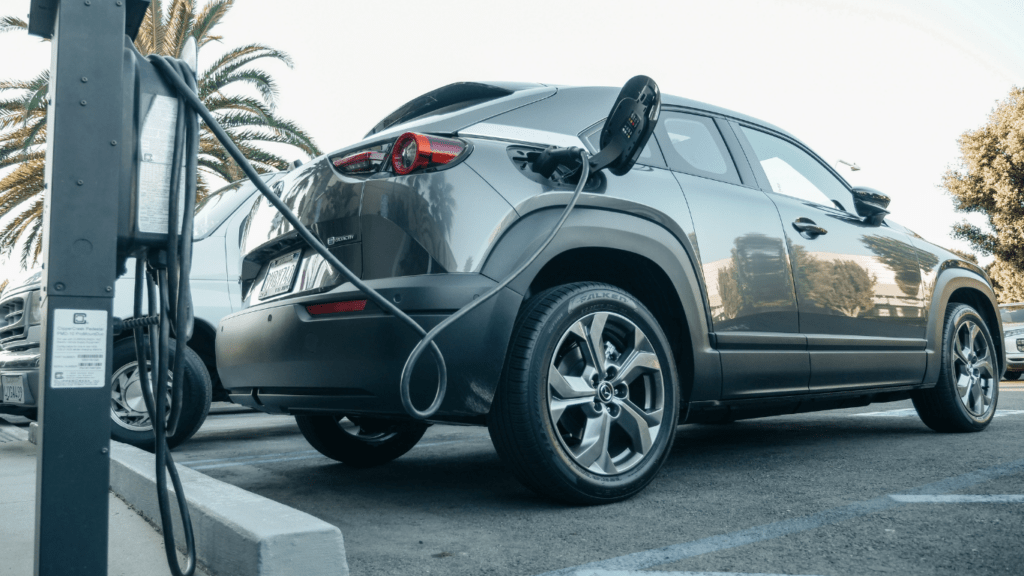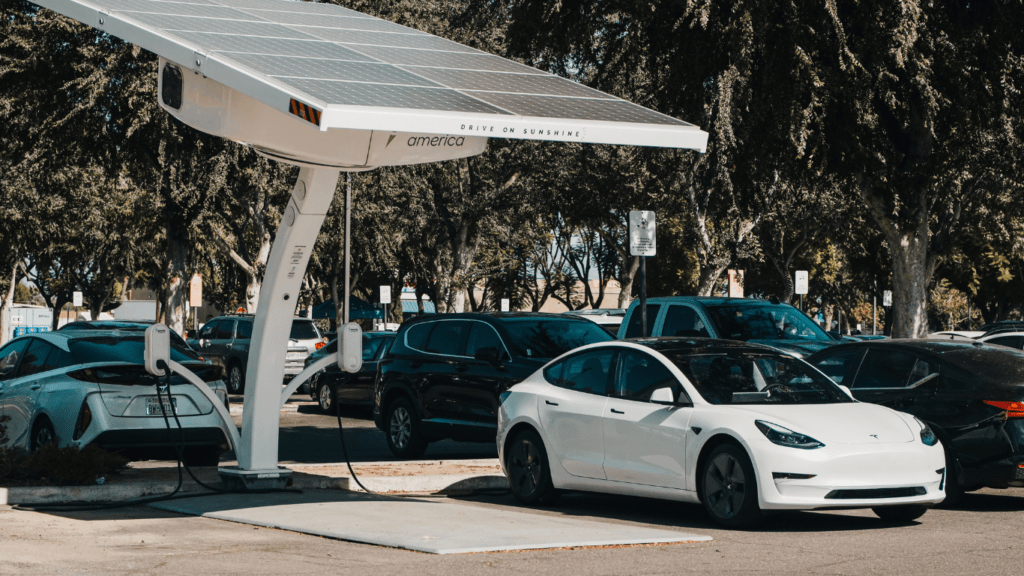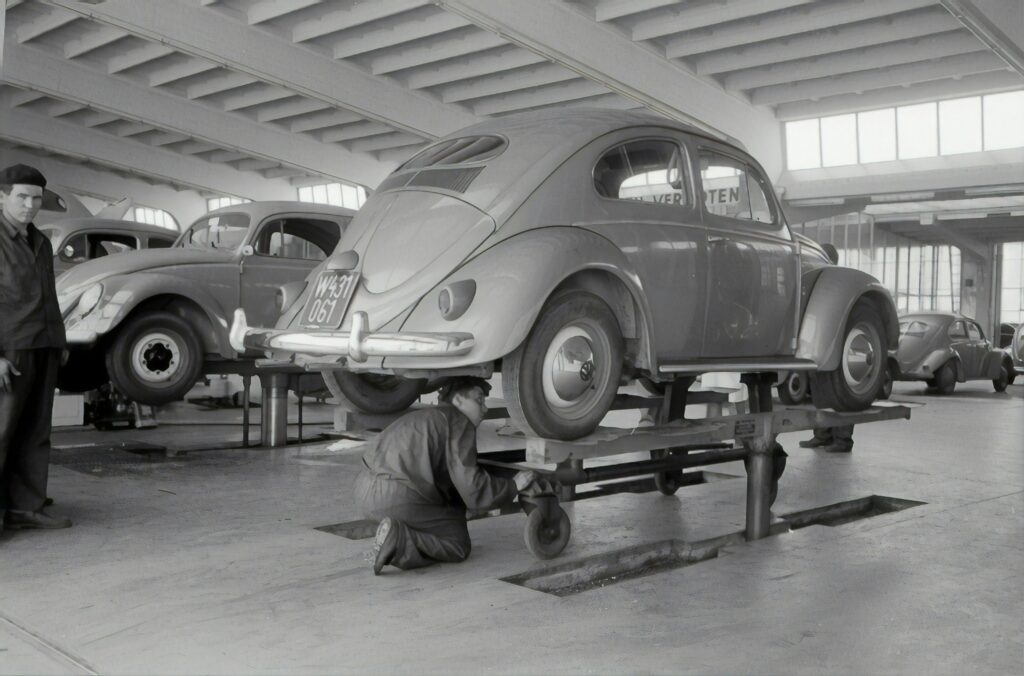In the fast-paced world of automotive innovation, startups are driving change and revolutionizing the industry. As an automotive enthusiast, I’ve witnessed firsthand how these agile and forward-thinking companies are reshaping the future of transportation. From electric vehicles to autonomous driving technologies, startups are at the forefront of pushing boundaries and challenging traditional norms.
In this article, I’ll delve into the pivotal role that startups play in shaping the automotive landscape. With their fresh perspectives, disruptive ideas, and nimble approaches, startups bring a level of creativity and innovation that is essential for propelling the industry forward. Join me as we explore how these dynamic newcomers are not just disrupting the status quo but also setting new standards for what the future of automotive technology holds.
The Influence of Startups on Modern Automotive Technologies
Startups play a pivotal role in driving innovation in the automotive industry. They bring fresh perspectives, disruptive ideas, and nimble approaches that reshape the future of transportation. These dynamic newcomers are not only disrupting the status quo but also setting new standards for automotive technology.
- Exploring Electrification and Autonomous Driving
Startups are at the forefront of exploring electrification and autonomous driving technologies in the automotive sector. Companies like Tesla and Waymo have revolutionized the industry with their innovations in electric vehicles and self-driving technology. These startups are pushing boundaries and accelerating the shift towards a sustainable and autonomous future in transportation. - Innovations in Connectivity and Shared Mobility
In the realm of connectivity and shared mobility, startups are driving significant advancements. Companies like Uber and Lyft have transformed the way people commute and utilize transportation services through their innovative platforms. Startups continue to pioneer new solutions that enhance connectivity, improve accessibility, and promote shared mobility options for a more efficient and interconnected automotive ecosystem.
Startups and Traditional Automakers: A Symbiotic Relationship
Partnership Models Between Startups and Legacy Companies
In the automotive industry, startups and traditional automakers often form strategic partnerships to leverage each other’s strengths. These collaborations can involve startups providing innovative technologies or ideas, while legacy companies offer resources, production capabilities, and industry expertise. This symbiotic relationship allows startups to scale their innovations faster and gain access to established distribution networks, while traditional automakers benefit from the agility and fresh perspectives of startups. Such partnerships have led to groundbreaking advancements in electric vehicles, autonomous driving, and connected car technologies.
Case Studies of Successful Collaborations
One prominent example of a successful collaboration between a startup and a legacy automaker is the partnership between Rivian and Ford. Rivian, a startup focusing on electric adventure vehicles, received a substantial investment from Ford to develop electric vehicles based on Rivian’s platform. This collaboration allowed Ford to tap into Rivian’s expertise in electric vehicle technology while providing Rivian access to Ford’s manufacturing capabilities and global reach.
Another compelling case study is the partnership between General Motors (GM) and Cruise Automation. GM acquired Cruise Automation, a self-driving technology startup, to accelerate its development of autonomous vehicles. This acquisition enabled GM to enhance its position in the autonomous driving space and leverage Cruise’s innovative technology to bring self-driving cars to market efficiently.
These examples illustrate how collaboration between startups and traditional automakers fosters innovation, accelerates technology adoption, and drives the automotive industry towards a more sustainable and connected future.
Financial and Strategic Challenges for Startups in the Automotive Sector
Venture Capital and Funding Landscape
In the automotive sector, securing funding is crucial for startups to fuel their innovative endeavors. Venture capital firms play a pivotal role in providing financial support to these emerging companies. The landscape of funding in the automotive industry is dynamic, with a shift towards investments in electric vehicles, autonomous technology, and mobility services. Startups need to showcase a solid business model and potential for growth to attract investors and secure the necessary capital to drive their projects forward.
Scaling Challenges and Market Entry Barriers
Navigating the complexities of scaling up operations poses significant challenges for startups in the automotive sector. From manufacturing processes to supply chain logistics, achieving scalability while maintaining quality standards is a delicate balance. Market entry barriers, including regulatory requirements, competition from established players, and technological hurdles, further compound the challenges faced by startups. Developing sustainable growth strategies and innovative solutions to overcome these barriers is essential for startups to establish a foothold in the competitive automotive industry.
Regulatory and Environmental Impact Considerations
Starting a startup in the automotive industry involves navigating through a complex web of regulatory and environmental considerations. Here’s a closer look at two crucial aspects to consider:
Compliance with Global Automotive Standards
In the automotive sector, adhering to global automotive standards is non-negotiable. From safety regulations to emission standards, startups must ensure their innovative technologies meet and exceed these benchmarks to gain credibility and trust in the industry. By complying with these standards, startups can demonstrate their commitment to quality and safety, paving the way for partnerships with established automakers and regulatory bodies.
Contribution to Sustainability in Automotive Design
The shift towards sustainability in automotive design is driving significant changes in the industry. Startups play a vital role in this transformation by introducing eco-friendly solutions that promote energy efficiency and reduce environmental impact. From electric vehicles to recyclable materials, startups are at the forefront of creating sustainable automotive designs that resonate with environmentally conscious consumers. By prioritizing sustainability in their innovations, startups not only contribute to a greener future but also differentiate themselves in a competitive market.




